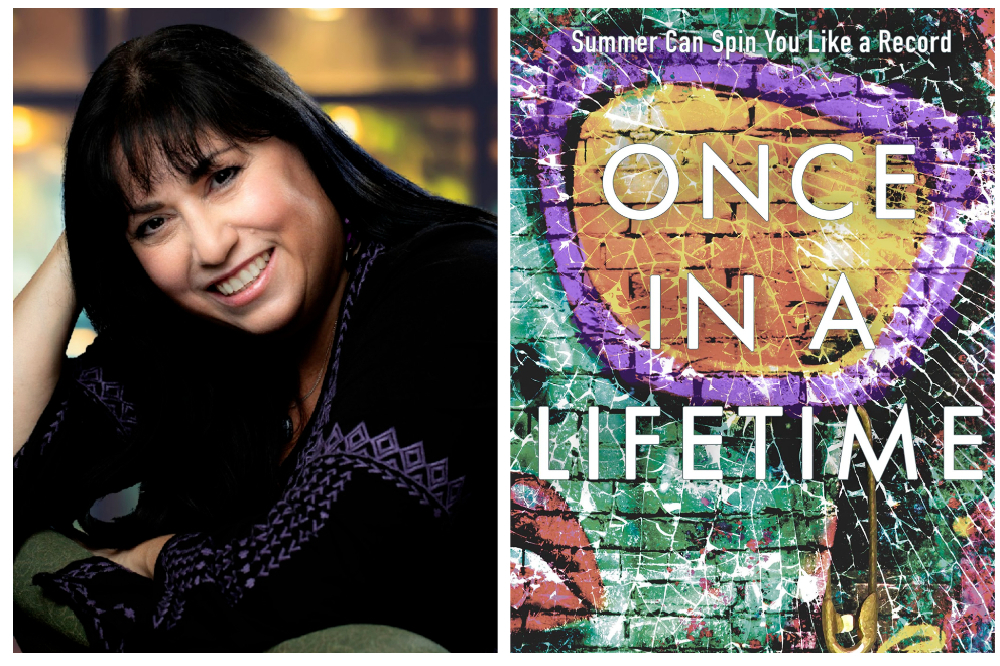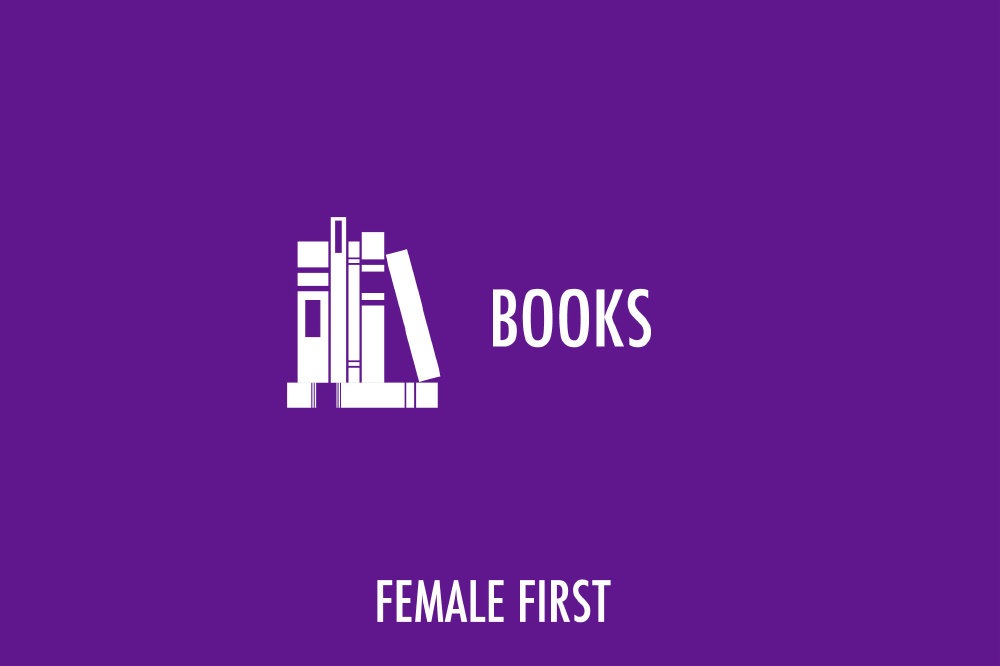We all know that romance is a big deal in book publishing, and that this genre gets tons of readership. That’s great—who among us can resist a great meet-cute, after all? Even as a woman who doesn’t indulge much in romance books, I confess I was obsessed with season one of Bridgerton.

Suzanne Mattaboni, Once in a Lifetime
That said, here’s something that gnaws at me: There seems to be a rigid need for a Happily Ever After (HEA) ending in fiction, defined as “girl gets love interest.” In general, HEA is specifically used in the romance genre. Stories that don’t wrap-up with the central couple in each other’s arms are typically relegated to the women’s fiction category—regardless of the romantic elements in the narrative.
In the process of publishing my novel Once in a Lifetime (coming-of-age women’s fiction set in the 1980s), I came across an unexpected phenomenon. People claimed to want stories about feisty and self-determined female protagonists, which one can only assume means women who know what they want, pave their own way, and have their own adventures. A couple of publishing pros referenced The Bechdel test as a bar for the representation of women, which specifies that two named female characters must indulge in conversations about something other than men. But that’s not the unexpected part.
What surprised me was that, for a society that claims to support female role models in literature, I experienced pushback for writing a headstrong heroine. Once in a Lifetime is a story of an art student who’s anxious to kick-start both her adult life and her career. She’s hell-bent on saving enough money during a summer stint as a waitress to get herself into a dream mosaic art program in England, where all the best 1980s New Wave trends are coming from. (And okay, she chases a hot guitar player along the way.) Yet I got an unanticipated response from a couple of sources, saying, “Your main character starts off too strong,” as if that detracted from the character arc.
Tenacious women seem to flourish in TV and movies, though, even without a relationship that resolves itself in the end. Rachel Bloom’s Rebecca Bunch sang and danced her way to happiness on the Crazy Ex-Girlfriend finale, pursuing her theatrical career rather than permanently coupling with any of her boyfriends. Merida in Disney’s Brave has been praised for not needing a love interest, and happily so. As far back as the early ‘90s, Thelma and Louise chose to fly off a cliff rather than submit to the authorities. And in Frozen, the two princesses save each other, even if Anna ends up with Kristoff (don’t forget, Anna still outranks him in that relationship).
Shouldn’t women characters in books have the same chance for a more self-sustaining denouement? After all, I don’t ever recall hearing that Jack Reacher or Jack Ryan was too robust out-of-the-gate, or that the strength of Ian Fleming’s James Bond dimmed his character arc.
Another staple question was whether the book had that HEA ending. The Cinderella-ism of this idea is confusing. First of all, “girl gets boy” isn’t even merely the end. Second, why is a woman’s major path to happiness dependent on a secondary person? What if the epiphany of the story is she’s with the wrong boy? What if it’s not even a boy? What if a woman takes her own road and is happy anyway, prioritizing her goals and living her best life, like Rebecca and Merida? Does that still count as happily ever after?
It’s more admirable for a heroine to take The Road Less Travelled with an eye on her own dreams—one who still has amazing escapades and setbacks along the way. After all, we actively encourage our sisters and daughters to be independent, follow their goals, and build their own companies. It’s time for fiction to reflect that woman, because frankly, she’s interesting as all-hell. And you can bet she’ll come up against some heady obstacles, because the world isn’t always ready for her.
Sometimes, like with my artsy main character Jess, her ambition will be her own worst enemy. Case in point: During an impromptu tarot reading at the restaurant where Jess works, one of her colleagues remarks that in being so focused, she’s proving to be stronger than the guy she’s been pursuing—which causes conflict between them.
“Will I focus myself into being alone?” Jess asks.
“Not forever. But you’ll hear this your whole life,” her card-reading friend tells her, “Ambitious women always do.”
Many of us have come up against those same hindrances—not just in the’80s, but right now. So why shouldn’t that be part of women’s literature? Our fictional heroines should be strong enough to barrel through any impediment until they get what they want.
As for romance, that will rightfully always be part of women’s fiction. With any luck, it will always be part of our own lives. But it doesn’t have to be the end-all be-all in the stories we love. That’s why I’m calling Once in a Lifetime a romantic comedy that’s not all about the guy. It’s about friendships, self-determination, and finding your own talents. It’s about becoming a force to be reckoned with—and what that reckoning entails. And yes, it’s about eventually identifying a partner who’s strong enough to absolutely adore all those things in you. As long as you tend to those things first.


